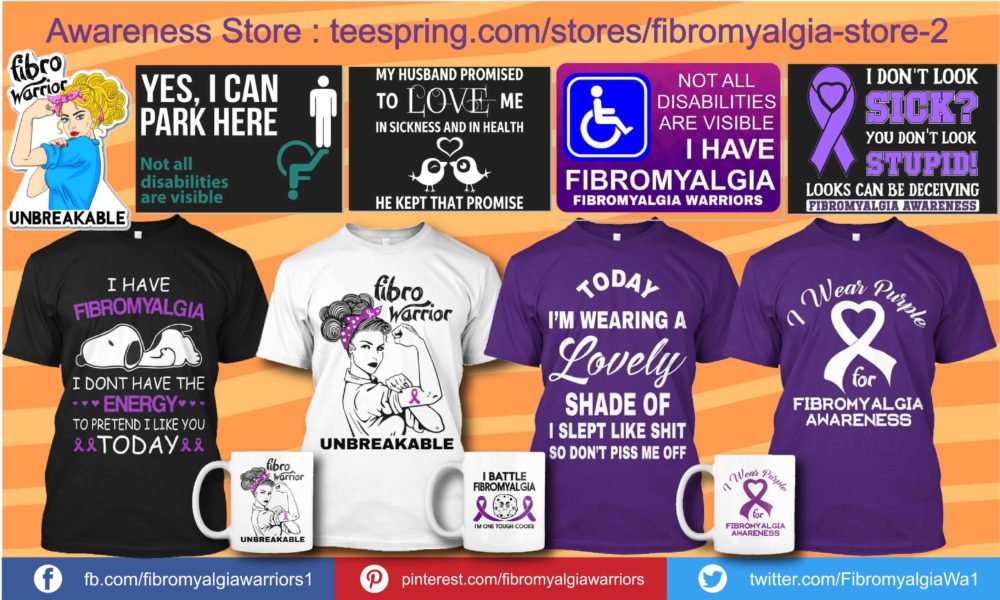Fibromyalgia (FM) is a chronic medical condition that affects millions worldwide. While its symptoms are real and deeply impactful, misconceptions about the illness often lead to misunderstanding and stigma. This article aims to empower those living with FM by addressing its challenges and offering practical strategies to improve quality of life.
What Is Fibromyalgia?
Fibromyalgia is a neurological disorder characterized by widespread pain, fatigue, and a host of other symptoms. Much like diabetes, hypertension, and asthma, it is a chronic medical condition that cannot be “wished away.”
FM is not a character flaw or a sign of weakness. It is a complex condition affecting the central nervous system, leading to symptoms that vary significantly from one individual to another.
Common Symptoms of Fibromyalgia
Fibromyalgia is more than just physical pain. Patients may experience a variety of symptoms, including:
- Chronic Pain: Persistent, widespread pain that may vary in intensity.
- Fatigue: Debilitating exhaustion that can be as challenging as the pain itself.
- Fibro Fog: Cognitive difficulties such as trouble concentrating, memory lapses, and confusion.
- Sleep Disturbances: Poor sleep quality and disruptions that leave individuals feeling unrefreshed.
- Stiffness: A sensation of tightness, particularly after long periods of inactivity.
Addressing Misconceptions
1. Your Symptoms Are Real
Never let anyone dismiss or minimize what you’re experiencing. Fibromyalgia is as real as any other chronic condition, and patients’ concerns deserve to be validated.
2. It’s Not Your Fault
You didn’t choose this condition, and it’s not a reflection of your character. Fibromyalgia is a neurological issue that requires medical attention and self-management, not self-blame.
3. Improvement Is Possible
While fibromyalgia can fluctuate in severity, it’s important to remember that improvement is achievable. With the right strategies and support, you can manage symptoms and enhance your quality of life.
How Fibromyalgia Affects Lives
Fibromyalgia doesn’t just impact those diagnosed with it; it affects everyone in their circle. Relationships, work, and daily activities can all be influenced by the condition’s challenges. It’s estimated that over 10 million Americans live with fibromyalgia, making it a significant public health concern.
According to research, fibromyalgia involves disruptions in the central nervous system’s ability to process pain signals. This complexity means that symptoms can vary widely between individuals, complicating diagnosis and treatment.
Finding the Right Support
1. Seek Knowledgeable Healthcare Providers
Collaborate with providers who respect and understand fibromyalgia. A strong patient-provider relationship can make a world of difference.
2. Educate Yourself
Education is empowering. Learn as much as you can about fibromyalgia, from its symptoms to treatment options. Knowledge gives you the tools to make informed decisions and advocate for yourself.
Effective Management Strategies
1. Prioritize Self-Care
- Engage in daily activities that bring you joy and relaxation.
- Incorporate stress-management techniques like mindfulness, meditation, or deep-breathing exercises.
2. Create a Balanced Routine
- Sleep Hygiene: Develop a consistent sleep schedule to combat fatigue and improve rest.
- Physical Activity: Engage in low-impact exercises like yoga or swimming to maintain flexibility and reduce pain.
3. Avoid Snap Decisions During Flares
During periods of severe pain, it’s best to postpone major decisions. Give yourself time to recover before making changes to your treatment plan or lifestyle.
Treatments for Fibromyalgia
Several treatments and therapies have shown promise in managing fibromyalgia symptoms:
- FDA-Approved Medications
The U.S. Food and Drug Administration has approved medications specifically for fibromyalgia, offering significant relief to many patients. - Therapies and Lifestyle Adjustments
- Cognitive-behavioral therapy (CBT) for emotional well-being.
- Physical therapy to manage stiffness and pain.
- Dietary changes to reduce inflammation and support overall health.
Advances in Research and Awareness
Thanks to ongoing research and advocacy efforts, progress is being made in fibromyalgia treatment and awareness. Organizations around the world are dedicated to finding better solutions and improving the lives of those with FM.
Final Thoughts
Living with fibromyalgia is undeniably challenging, but it’s not insurmountable. By educating yourself, seeking supportive healthcare providers, and embracing self-management strategies, you can take control of your condition.
Remember, you are not alone. Over 10 million Americans share your experience, and together, we can raise awareness and improve outcomes for all those affected by fibromyalgia.
Take steps today to prioritize your well-being, and never stop advocating for the care and understanding you deserve.






